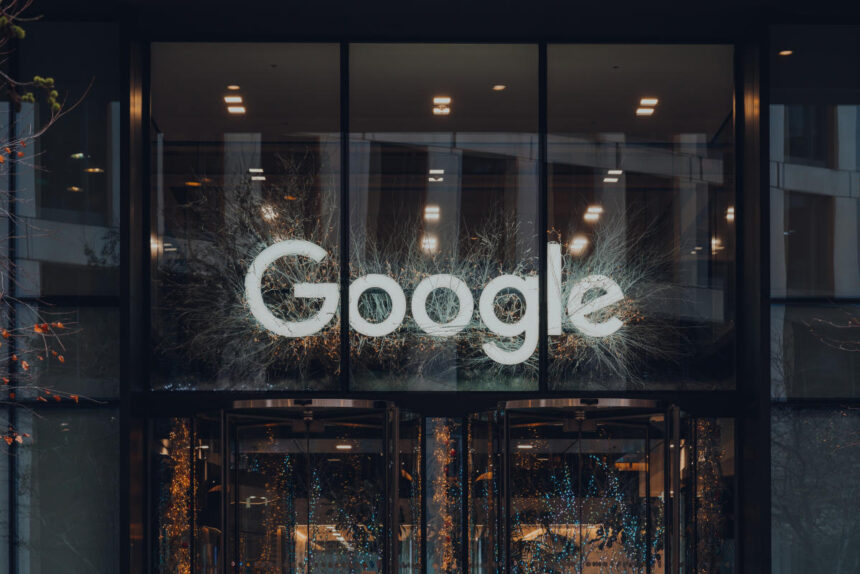Google Requests Suspension of Antitrust Ruling Amid Appeal
In a significant legal move, Google has officially submitted a motion to the 9th Circuit Court of Appeals, seeking to temporarily halt an order that mandates the company to permit competitors access to its Play Store. This follows a recent antitrust verdict against Google in which Epic Games successfully argued that the tech giant maintained an illegal monopoly over app distribution and in-app billing for Android devices.
This month, U.S. District Judge James Donato ruled that Google must allow third-party app stores to access its Play Store catalog and be available for download directly from its platform. In response, Google is requesting a stay on this ruling while it appeals the decision from the Epic Games lawsuit, claiming it could expose approximately 100 million Android users in the United States to “significant new security threats.”
Concerns Over User Safety and App Integrity
The company described the court’s order as “unjustified and detrimental,” arguing that if enforced, it would jeopardize Google’s ability to maintain a “secure and reliable user experience.” They expressed concerns that making third-party app stores accessible via Google Play might mislead users into believing these platforms are endorsed by Google itself, potentially increasing risks associated with malicious applications.
Furthermore, Google highlighted that allowing external stores access could adversely affect businesses wishing to avoid association with inappropriate or harmful content. By granting these third-party platforms entry into its extensive library of apps, there is a risk of providing “malicious entities” an appearance of credibility.
The Risks Associated with Third-Party Links
The tech giant also pointed out potential dangers linked with developers being able to direct users away from their apps through external links. This feature could be exploited by malicious actors for phishing schemes aimed at compromising user data and device security.
A Shift in Billing Practices?
A key aspect of the court’s proposed changes includes allowing developers to bypass Google’s billing system when offering their applications on Android devices without incurring commission fees. However, Google contends this change may lead developers towards options lacking essential safeguards expected by users.
Tight Timeline Raises Safety Concerns
In its legal filing, Google stressed that three weeks allocated by the court for implementing such extensive modifications is insufficient for what they termed as a “Herculean task.” The company warned this tight timeline poses an ”unacceptable safety risk,” potentially leading to significant operational issues affecting Android device functionality.
Additonally, Google’s filing questioned why Epic was favored in this antitrust case while Apple received different treatment in similar litigation initiated by Epic Games. They noted it was perplexing how Apple—requiring all applications be processed through its exclusive App Store—was not deemed monopolistic while Google’s efforts at fostering competition within Android were criticized as monopolization.






